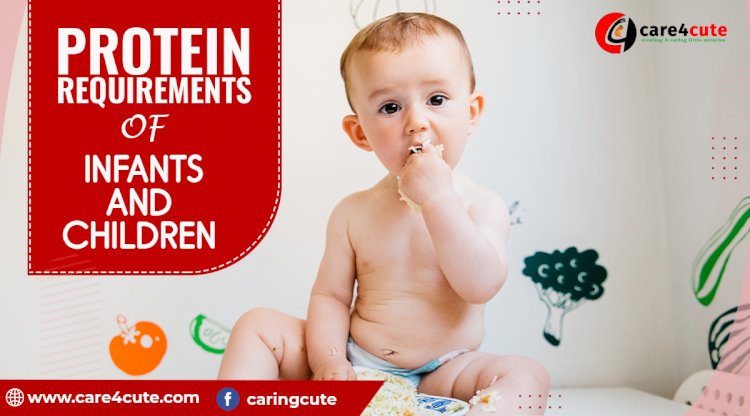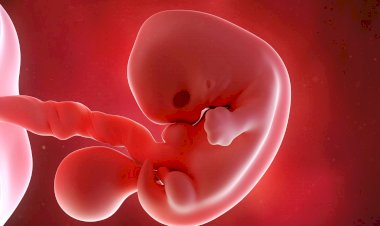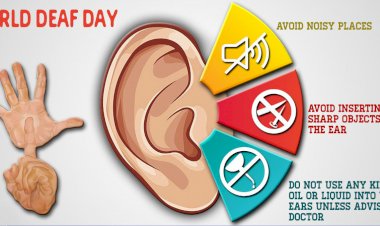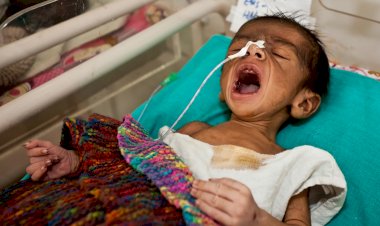Protein requirements of infants and children
Protein is one of the very essential nutrition that every infant and growing child should take in the proper amount. Learn what amount of protein you should add to your children's diet to keep them healthy and fit.

Nutrient-rich nourishment is very significant for every infant and growing child. One vital nutrient which must be a part of every child’s diet is protein. Protein is very useful in repairing and maintaining the various body parts and internal organs. Babies and toddlers need more protein in their meals as compared to older children and adults.
A healthy and fit children's nutrition diet starts with a balanced diet full of every nutrition. All parents want to nourish their children well, which means understanding the basics of essential nutrients like protein.
How much protein do your infant and growing child need, and what role does protein play in toddler nutrition? These are the various related questions, whose answer you should know to provide your children with a healthy diet.
Protein Requirements for Infants and growing children
Let’s take a look at what proteins are required for infants and growing children:
1. 0-6 Months
Breast milk provides all the protein at this stage. The baby’s systems are not yet ready to handle anything other than liquids.
2. 6 Months Old
At this age, you should start weaning your baby; protein-rich solid foods can be introduced at this point, alongside breast milk or formula.
3. 8 Months Old
Infants of this age can and should be given chopped meats and vegetables to eat. Mashed beans, egg yolks, paneer, and curd are also good for your eight-month-old.
4. 10 Months Old
Now your baby will be able to eat the same kind of food that the family eats. Be careful, and make sure that the food is soft and cut into small, easy-to-eat pieces.
5. 1 – 3 Years Old (Toddlers)
The average toddler should get about 0.55 grams of proteins per pound of bodyweight on a daily basis in order to grow healthy and strong.
Importance of Protein for your children
Proteins are made of amino acids. Our bodies need 22 amino acids in order to maintain and grow hair, skin, bones, and so much more. Our bodies can only naturally produce 13 of these acids, so we need to get 9 of them from the food we eat. Protein is also used to produce hemoglobin, which is responsible for carrying oxygen in the blood.
1. For Babies
Infants in particular need protein, because their body weight doubles in the first six months. If you do not give your child enough protein, it may lead to slowing down of growth and development, and may impair the heart and lungs. They will also become more prone to illness, and the illness will also drain them of the energy they need to grow healthy and strong.
2. For Toddlers
Walking requires a lot of energy, and toddlers, in particular, are learning how to walk, meaning they need more protein. The brain cells also need protein in order to develop speech and language skills.

 Admin
Admin 




































Comments (0)